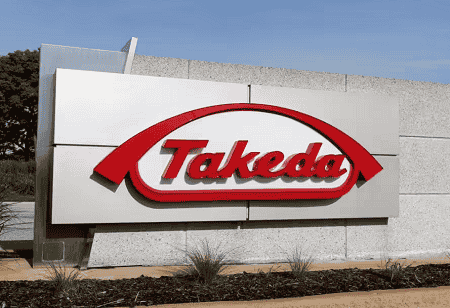India Pharma Outlook Team | Saturday, 22 November 2025

The FDA has launched a formal investigation into Takeda’s rare-disease therapy Adzynma, following the death of a pediatric patient who developed neutralizing antibodies to the ADAMTS13 enzyme, according to a safety communication issued on November 21, 2025.
Adzynma, approved in 2023 for congenital thrombotic thrombocytopenic purpura (cTTP), replaces the missing ADAMTS13 protein to manage cTTP’s dangerous clotting risks.
The FDA says it has since received multiple post-marketing reports of patients forming neutralizing antibodies—something that did not emerge in clinical trials.
Also Read: New Dynamics of Drug Distribution, Free Medicine Schemes in India
In the fatal case, the child experienced progressively worsening neurological symptoms about 10 months after starting treatment and was found to have antibodies that blocked ADAMTS13 activity. Notably, assays currently used by the FDA cannot distinguish between antibodies against the recombinant enzyme and those targeting the body’s own ADAMTS13, complicating the risk assessment.
Takeda responded by saying it reported the event to the FDA in July and has since provided updates. The company also stated that its internal review found no proven causal link between Adzynma and the death, and it believes the overall risk-benefit profile of the drug remains unchanged.
From an industry perspective, this probe could carry major implications. Adzynma is one of the few targeted therapies for cTTP—a rare but life-threatening clotting disorder. Regulators may now demand updated labeling, stronger warnings, or additional post-marketing studies to better track immunogenicity in real-world use.